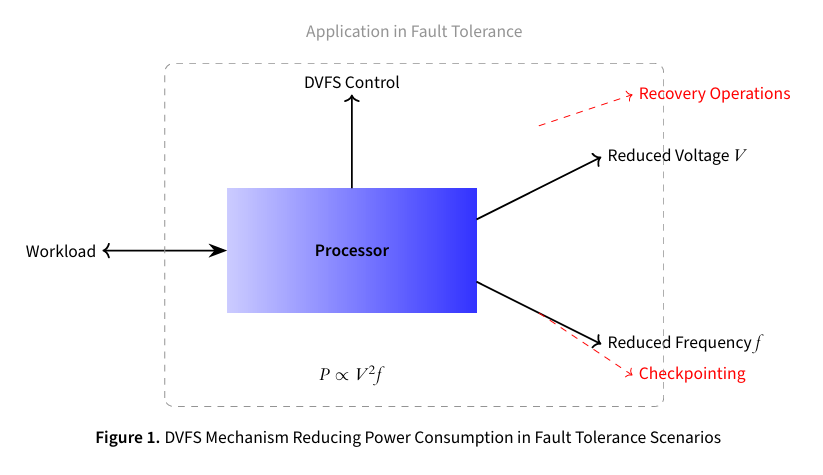An Investigation into Advanced Energy-Efficient Fault Tolerance Techniques for Cloud Services: Minimizing Energy Consumption While Maintaining High Reliability and Quality of Service
Keywords:
adaptive checkpointing, cloud computing, energy efficiency, fault tolerance, machine learning-based fault prediction, QoS, replication strategiesAbstract
The growing reliance on cloud computing services has led to a significant increase in energy consumption and carbon emissions, driven by the need for high reliability and availability in distributed cloud infrastructures. Fault tolerance mechanisms are indispensable for ensuring uninterrupted service delivery in the presence of failures; however, traditional fault tolerance strategies such as replication and checkpointing are energy-intensive, leading to inefficiencies and higher operational costs. This paper investigates advanced energy-efficient fault tolerance techniques for cloud services that minimize energy consumption while maintaining high reliability and quality of service (QoS). Key mechanisms explored include dynamic voltage and frequency scaling (DVFS), adaptive checkpointing, energy-aware replication, and machine learning-based fault prediction. By focusing on the interplay between energy efficiency, fault tolerance, and QoS, this paper provides a comprehensive analysis of the technical solutions that can contribute to reducing the energy footprint and carbon emissions of cloud infrastructures. The paper also presents a discussion on the trade-offs between performance, energy consumption, and system complexity, along with recommendations for future research on scalable, energy-efficient fault-tolerant architectures.
